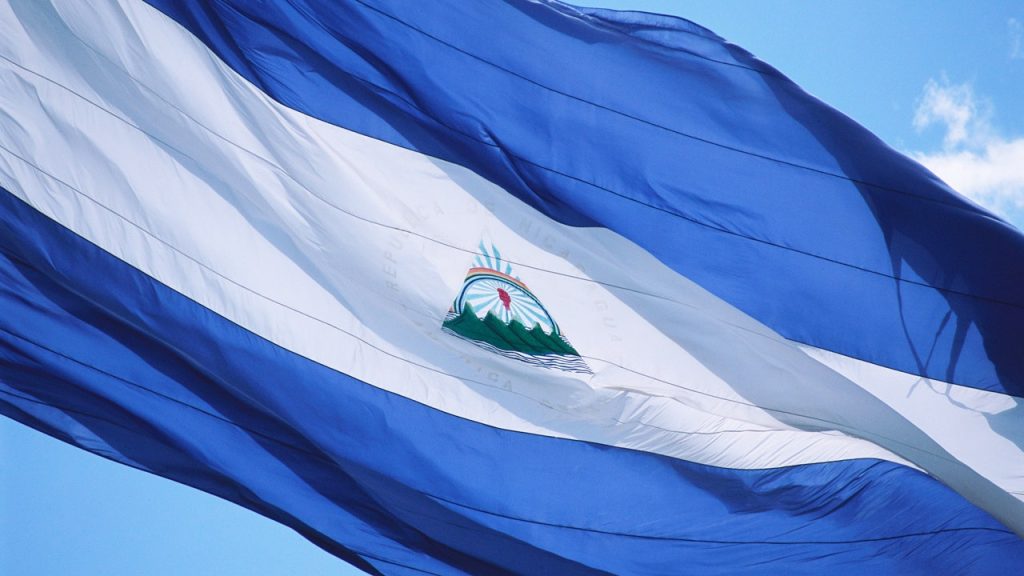After nearly a decade of controversy, Nicaragua’s congress finally cancelled a canal concession granted to Chinese businessman Wang Jing. The project, meant to link the country’s Atlantic and Pacific coasts, faced widespread criticism for its potential impact on the environment and rural communities. Despite a symbolic groundbreaking ceremony in 2014, no actual work was ever initiated on the canal, with only access roads near the site being constructed at one point. Thousands of Nicaraguan farmers protested against land seizures intended for the canal project, leading to the imprisonment of three farmers’ leaders on charges of inciting a coup, with each sentenced to more than a hundred years in prison.
A recent study revealed that about half of the Nicaraguan population expresses a desire to emigrate from the country. President Daniel Ortega’s administration touted the canal project as a means to boost the economy and create numerous job opportunities, but opponents argued that it presented significant environmental risks and would displace thousands of families in rural areas. The proposed 172-mile canal, with an estimated cost of $50 billion, was initially seen as a far-fetched idea but later became a focal point of political and social unrest in Nicaragua. The cancellation of the canal concession marked the end of a chapter that symbolized the unpredictability and increasing authoritarianism of Ortega’s government.
The canal project, awarded to the Hong Kong-based company HK Nicaragua Canal Development Investment Co. Limited, was owned by Chinese entrepreneur Wang Jing. Critics maintained that the project was financially unsustainable and posed unacceptable risks to Nicaragua’s fragile ecosystems. The cancellation of the canal concession was met with relief from environmental advocates and rural communities who had been threatened by the potential impacts of the megaproject. Despite the years of uncertainty and conflict surrounding the canal, the decision to revoke the concession represented a victory for those who had opposed the project from the beginning.
The imprisonment of farmers’ leaders who had led protests against the canal project highlighted the government’s harsh crackdown on dissent and opposition. With the threat of lengthy prison sentences hanging over their heads, the farmers faced severe repercussions for standing up against what they viewed as an unjust and destructive initiative. The legal battle over the canal concession underscored the deeply ingrained divisions within Nicaraguan society, with the government and its critics locked in a bitter struggle over the country’s future direction. The cancellation of the concession offered a glimmer of hope to those who had fought against the canal project, signaling a potential shift in the political landscape of Nicaragua.
The cancellation of the canal concession brought an end to a long and contentious chapter in Nicaragua’s history, marking a significant victory for environmental activists and rural communities who had opposed the project. The decision to revoke the concession underscored the growing disillusionment with President Ortega’s government and its policies, as well as the increasing willingness of Nicaraguans to challenge oppressive measures and demand accountability. While the canal project may have been shelved for now, its legacy will continue to influence the country’s political and social landscape, serving as a reminder of the power of grassroots activism and the importance of protecting Nicaragua’s natural resources and communities. The future of the country remains uncertain, but the cancellation of the canal concession represents a step towards a more sustainable and inclusive vision for Nicaragua’s development and future.


